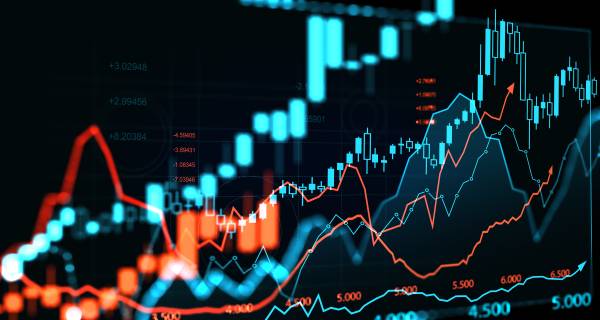In the diverse and complex world of forex trading, two primary schools of thought guide traders in their decision-making process: technical analysis and fundamental analysis. Both approaches offer unique perspectives, particularly in the context of the Indonesian forex market. This blog delves into the intricacies of technical and fundamental analysis from an Indonesian forex perspective, offering insights into how traders can leverage these methods to navigate the market effectively.
Technical analysis, a methodology embraced by many traders globally, including in Indonesia, involves studying past market data, primarily price and volume, to predict future market behavior. This approach is based on the theory that market history tends to repeat itself, and identifiable patterns can provide clues about future movements. In the Indonesian market, technical analysis is often used to understand the short-term price movements of currency pairs, such as the USD/IDR or EUR/IDR.
Traders utilizing technical analysis employ various charting tools and indicators. These include moving averages, which help smooth out price action to identify trends; relative strength index (RSI), used to identify overbought or oversold conditions; and Fibonacci retracement levels, which can indicate potential support or resistance areas. By analyzing these patterns and indicators, traders aim to make educated guesses about future price movements. A reliable forex broker can provide traders with sophisticated charting tools and up-to-date technical indicators, essential for effective technical analysis.
On the other hand, fundamental analysis offers a different approach. This method involves evaluating the intrinsic value of a currency by examining related economic, financial, and other qualitative and quantitative factors. In Indonesia, fundamental analysis is particularly relevant due to the country’s dynamic economic landscape. Factors such as GDP growth, interest rates set by Bank Indonesia, inflation rates, trade balances, and political stability are all crucial elements that can influence the value of the Indonesian Rupiah (IDR).
For instance, an increase in Indonesia’s interest rates might attract foreign investment, leading to a stronger IDR, while political instability might have the opposite effect. Fundamental analysts also pay close attention to global events, such as changes in commodity prices or major economic announcements from countries with significant trade relationships with Indonesia. A well-informed forex broker can offer invaluable insights into these fundamental factors, providing traders with the information needed to make sound trading decisions.
Both technical and fundamental analysis have their merits and drawbacks, and in the Indonesian forex market, traders often find it beneficial to use a combination of both. Technical analysis can be particularly useful for short-term trading and for identifying entry and exit points. However, its reliance on historical data means it may not always account for sudden economic or political changes that can impact currency values.
Conversely, fundamental analysis provides a broader view of the economic factors that can affect currency values, making it more suitable for long-term trading strategies. However, it may not always be effective in predicting short-term market movements, as it does not consider the psychological aspects that can drive market behavior in the short run.
A broker that offers robust analytical tools and up-to-date market information can significantly enhance a trader’s ability to conduct thorough technical and fundamental analysis. Moreover, brokers that provide educational resources and support can help traders, especially those new to the market, understand and apply these analytical methods more effectively.
For traders in the Indonesian forex market, employing a balanced approach that combines both methods, supported by a knowledgeable broker, can lead to more informed and effective trading decisions. In the ever-changing landscape of forex trading, the ability to adapt, learn, and apply different analytical methods is key to navigating the market successfully.




